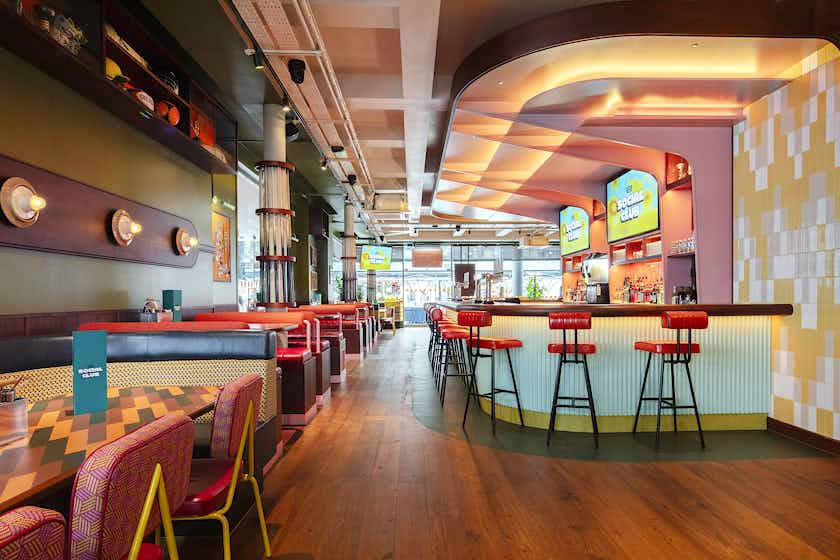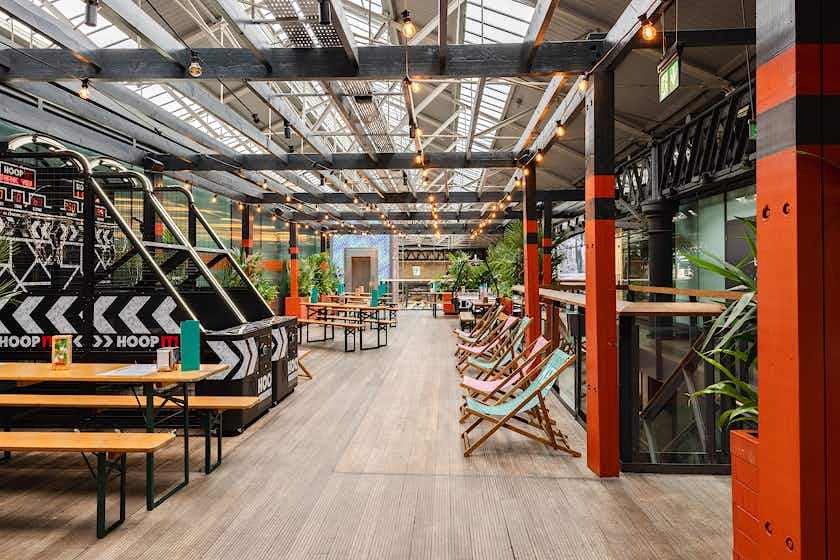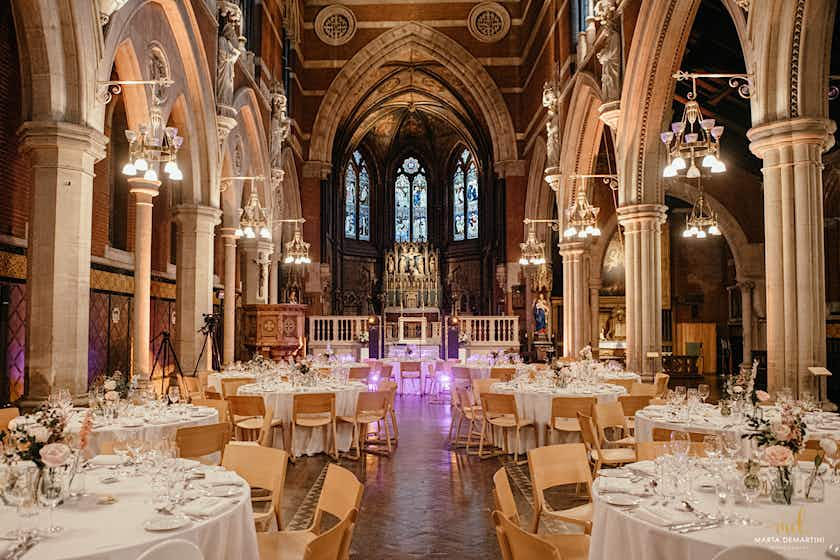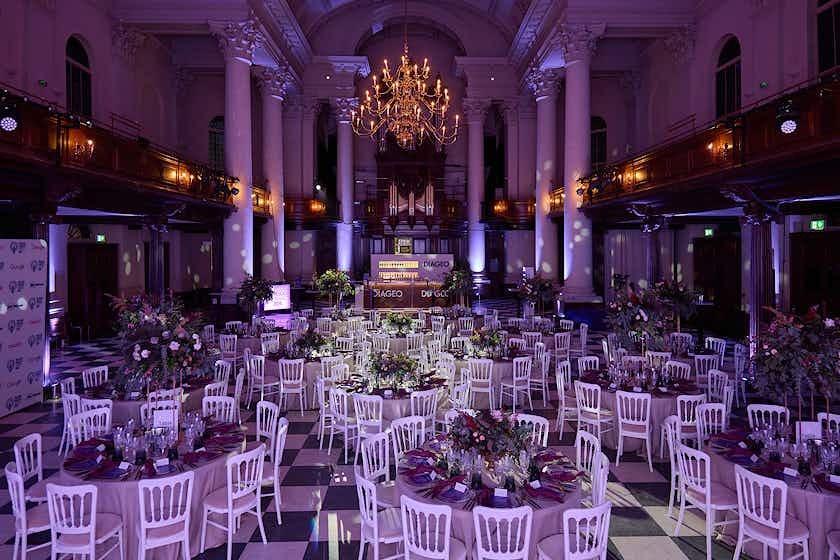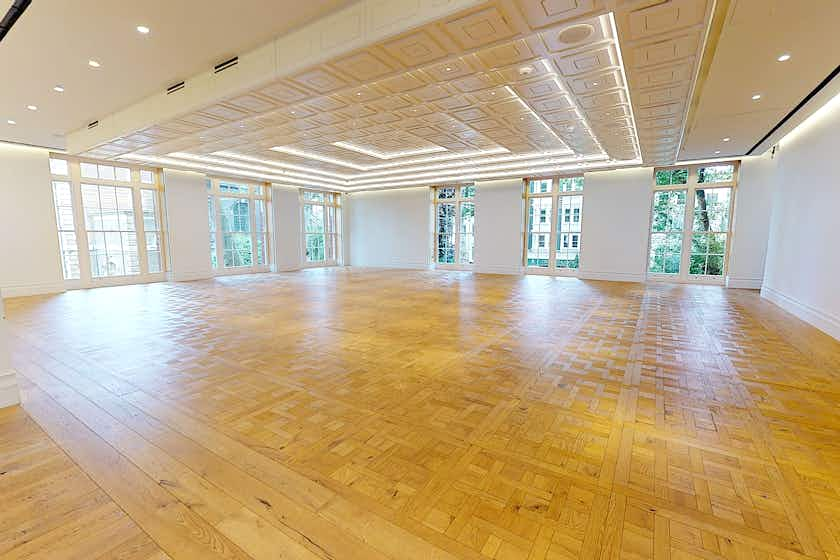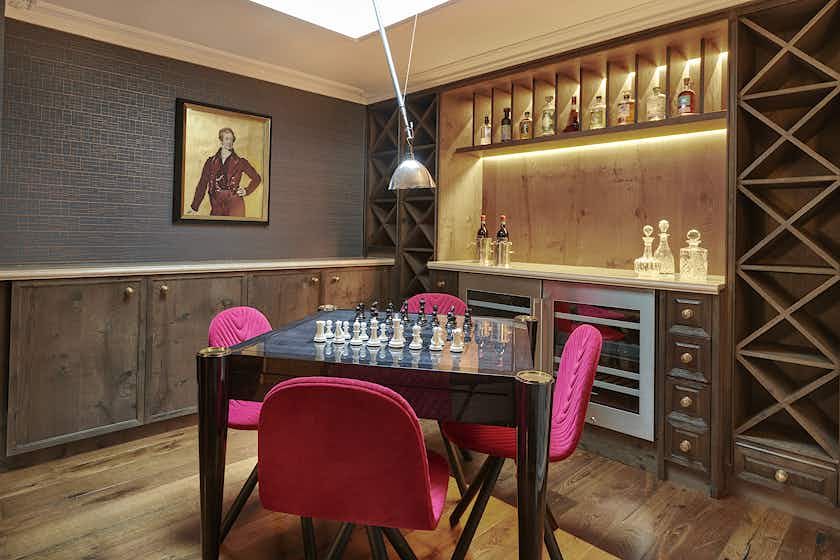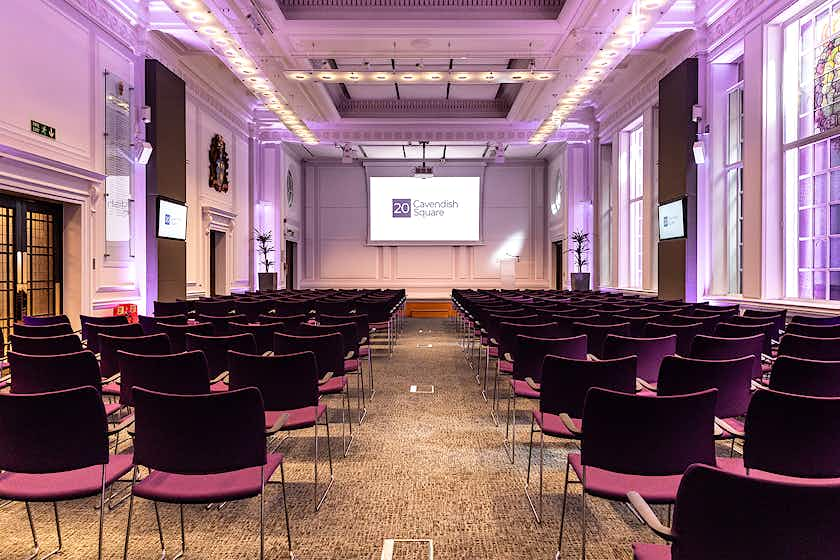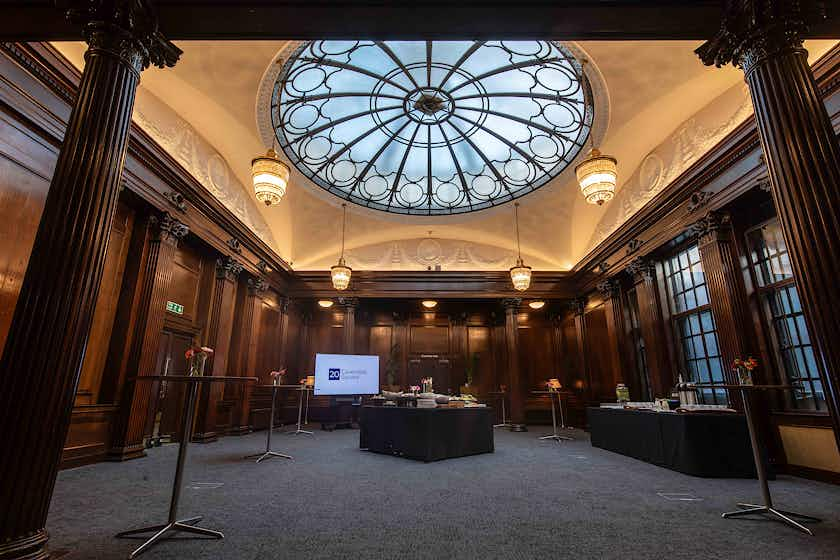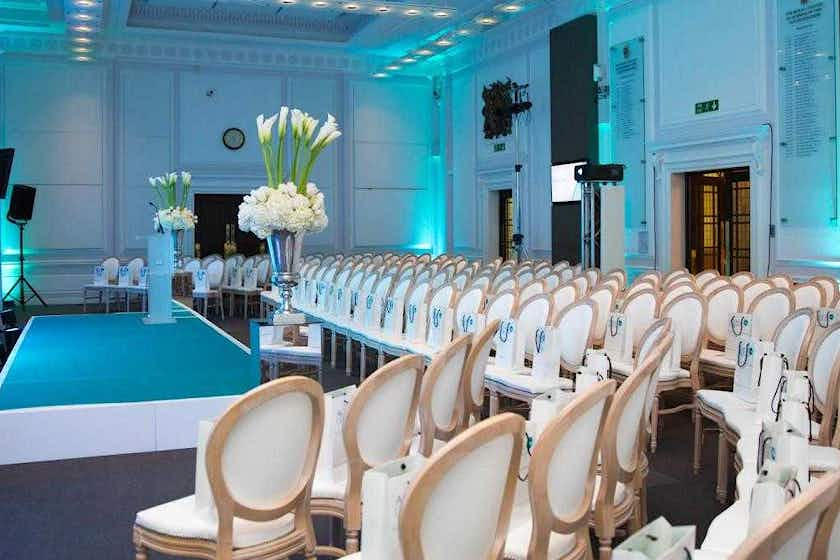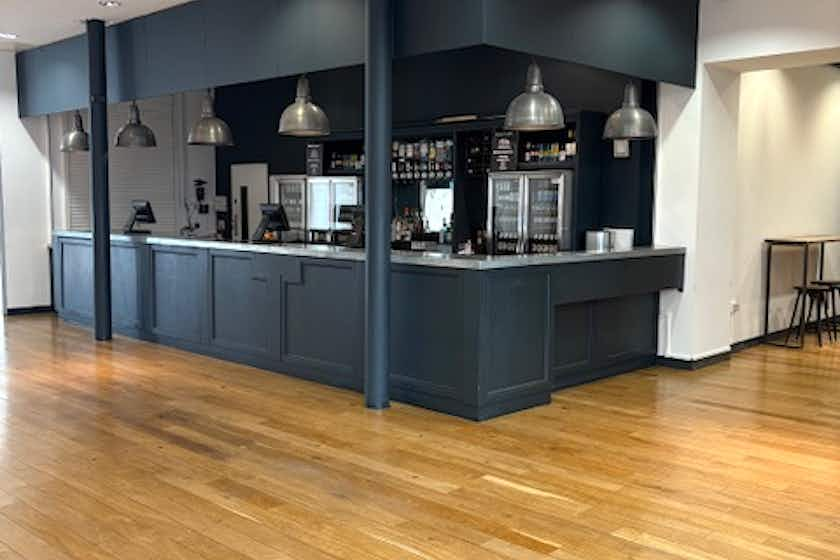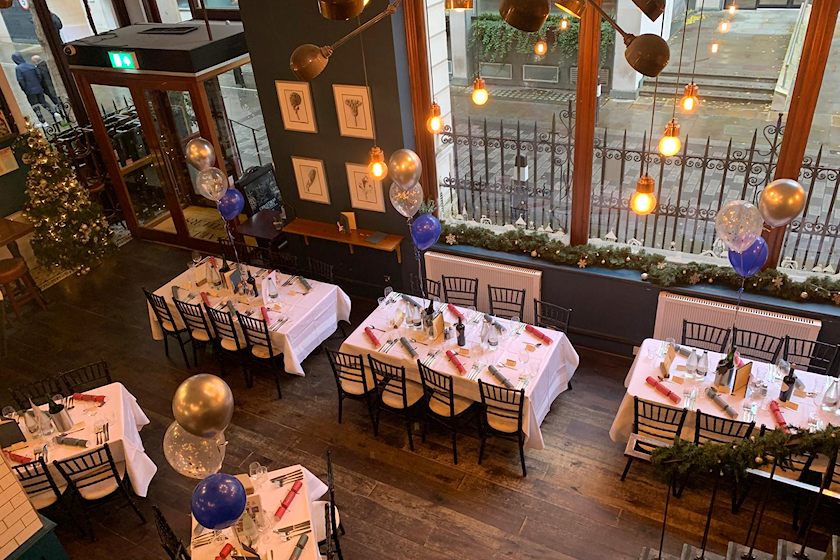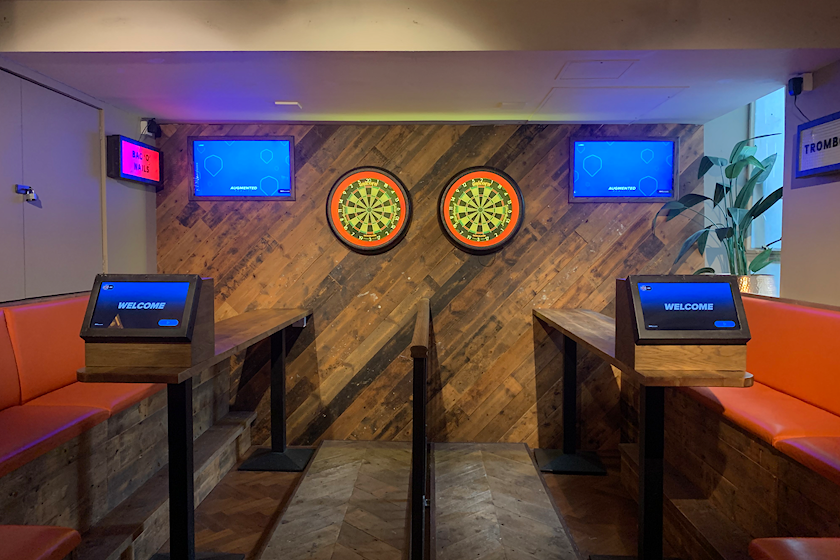Top Trending Presentation Venues in London for 2025
- ShoreditchResponds within 48 hoursFrom £1,500per dayStanding600Theatre150Cabaret100Dining150Boardroom50
- EmbankmentResponds within 48 hoursFrom £10,000per dayStanding810Theatre410Cabaret100Dining150
- Liverpool StreetResponds within 24 hoursFrom £250per morningStanding600Theatre300Cabaret300Dining300
- Ealing BroadwayFrom £3,500per dayStanding250Theatre90Cabaret50Dining150Boardroom50
- BanksideResponds within 2 hoursPrice on requestStanding600Theatre120Cabaret80Dining110Boardroom15
- PaddingtonResponds within 12 hoursFrom £75per hourStanding400Theatre350Cabaret140Dining230Boardroom30
- Victoria StationResponds within 2 hoursFrom £9,500per dayStanding500Theatre324Cabaret120Dining250
- BarbicanResponds within 4 hoursFrom £800per dayStanding20Theatre15Dining8Boardroom7
- Victoria StationResponds within 8 hoursFrom £85per dayStanding120Theatre110Cabaret56Dining80Boardroom49
- PiccadillyResponds within 8 hoursFrom £5,000per morningStanding300Theatre227Cabaret90Dining144Boardroom80
- WestminsterResponds within 1 hourFrom £3,000per dayStanding40Dining12Boardroom12
- Oxford CircusResponds within 1 hourFrom £600per dayStanding200Theatre180Cabaret120Dining108Boardroom55
- GreenwichResponds within 8 hoursFrom £500per dayStanding600Theatre375Cabaret200Dining150
- Charing CrossResponds within 4 hoursPrice on requestStanding200Theatre170Cabaret100Dining150Boardroom50
- Seven DialsResponds within 4 hoursFrom £700per dayStanding180Theatre175Cabaret100Dining100
- Bank StationResponds within 24 hoursFrom £500per eveningStanding350Theatre40Dining175Boardroom20
Most Popular Presentation Venues in London
How to Make Sure Your Presentation is One to Remember
Presenting to an audience might be something that you love doing – or it might fill you with nerves. Either way, it’s not easy to keep your audience engaged, no matter how good of a speaker you are.
However, by following a few simple tips, you can make your seminar or conference one that stands out in any of the many conference venues London has to offer.
.
Writing Your Presentation
First things first: you have to write your presentation. It might be tempting to just turn up on the day and talk naturally, but very few people can do this well in the amount of time that they’re given. Here are five top tips to help you prepare for success in your ideal venue:
Number 1:
We’ve all sat through ‘death by slide deck’ presentations before, but there’s one simple way for you to avoid this: planning. Before opening a single slide, plan out exactly what it is you want to do, and get all of your main points down on paper or in a text document. A great way to do this is by making a mind map of the main points to show how they are all linked together. Only then should you start on your slides.
Number 2:
The rule of three indicates that an audience will only remember three main points, so focus on those. It’s tempting to show off all your knowledge, but people will only retain so much. Keep the key points clear in their minds to make your presentation a hit in venues like the Grand Hall or Wembley Stadium.
Number 3:
No matter how factual the topic of your presentation may be, an audience is always engaged more by a good story. Incorporating personal anecdotes can not only keep you more relaxed, but it will give your audience the chance to really engage with you and what you’re trying to tell them. Even if your topic is factual, a good story helps. Incorporating personal anecdotes will relax you and engage the audience, making your presentation memorable in perfect conference venues like the Great Hall or exhibition centres.
Number 4:
Images are much more important in a presentation than text, so make sure that yours are really relevant to what you’re saying: this keeps the presentation dynamic and effective in any successful conference setting. If you are using infographics, make sure that they are large enough and clear enough that your audience will be able to make out all of the important details. Building your slides around the images you’re using is a great way to ensure it’s not text-heavy.
Number 5:
Particularly if you get nervous when talking to a crowd, or it is your first time presenting, it’s always a good idea if you learn what you are going to say. Don’t just rely on your slides to guide you. Writing it out and learning your presentation will allow you to speak in a more relaxed voice, give you the opportunity to walk around the stage a little instead of being locked to a podium, and will ensure that you look and sound confident – even if you don’t feel it. Memorising your speech will allow you to move confidently, speak with ease, and take advantage of spaces like private dining rooms or larger whole venues in West London, Covent Garden, Paddington, Liverpool Street, East London... or wherever it may be.
By following these tips, you’ll be prepared to host a successful presentation, no matter the venue, from intimate settings near Gatwick or Westminster London to larger residential conference hotels perfect for engaging your audience. With so many venue options available in London's top locations, your next event venue can be the ultimate backdrop for a memorable and effective presentation.
On The Day
Once you’ve got what you’re going to say sorted, it’s time to actually present it. However, writing it isn’t the only thing that you have to think about. What you do on the day can decide whether your presentation is a success or not (and honestly, it all starts with the right venue).
Give yourself time for your presentation or conference in the city
Leave yourself lots of time to get there and get set up. This will calm your nerves and let you get comfortable with the layout of the room. There are a wide variety of seminar venues in London and some are really unique! Even if you’ve been in the venue before, the room can look vastly different when set-up for a conference or special event. This will also give you time to test out microphones and ensure that the tech part is working well. Some systems work differently than others so extra time to get everything sorted is always appreciated by technicians.
Search for the best technology
One of the worst things that can happen at a presentation is a technology malfunction. That’s why it’s so important to know exactly what will be supported at the event before you attend. If you have a video that you want to play, or a website that you need to access, but there’s no wifi connection, you’ll look like the one that’s made the mistake. Make sure that you have multiple backups of your presentation and anything else you may need, just in case!
Stick to the time limit in the conference space
If you’ve been given a time limit, stick to it. You want to leave your audience wanting to know more, not looking at their watch. This will also encourage questions if they are allowed at the end, giving you a chance to engage directly. If you are presenting at a large conference where dinner is served after you present, keep that in mind and try to wrap up quickly. Your presentation will be even better for it.
Top conference venues: top presentations
While you have a time limit, this doesn’t mean that you need to talk fast and flick through your slides at lightning speed. Your pace should be relaxed, and every slide should have something of value that you want your audience to absorb. Speaking too quickly will make you difficult to understand, and while nerves can affect this, practice can beat it. Practise your timing, and you’ll be able to keep your pacing under control.
You are at the centre of this London conference event - own it!
Easier said than done, but the more relaxed you are, the more relaxed your audience will be. Remember that you are presenting for a reason, so someone thinks that you have something important to say. The audience are all here to see you after all, so speak to them like you would a colleague or a friend. Your time on the stage is over faster than you might think, so instead of succumbing to nerves, focus on savouring the moment.
First: find the best place to hold a popular conference. Second: run a successful presentation
Whether you’re a presenting pro or a bit of a newbie, there’s always something new that you can learn about engaging your audience in the best way possible. Depending on the venue type and your presentation ideas, you never know where you might end up, so following this advice might be the key to success!
There are so many fantastic and unique venues to choose from, from war rooms to mall galleries, academic venues to meeting rooms offering brilliant drinks receptions. You could view venue near the Houses of Parliament or other heritage buildings, near the Congress Centre or Savoy Place, near Central Hall Westminster or Leicester Square. Regardless, you can host the best presentation this year in some very beautiful conference rooms or corporate event venues - it just takes a little bit of planning.
Popular areas for presentation venues in london
- Aldgate
- Aldgate East
- Aldwych
- Angel
- Bank
- Bank of England
- Bankside
- Barbican
- Barnsbury
- Bermondsey
- Bethnal Green
- Bishopsgate
- Blackfriars
- Bloomsbury
- Bond Street
- Borough
- Brixton
- Cambridge Heath
- Camden
- Cannon Street
- Canonbury
- Central London
- Chancery Lane
- Charing Cross
- Chelsea
- City Of London
- Clapham
- Clapham Junction
- Clerkenwell
- Covent Garden
- Dalston
- De Beauvoir Town
- Drury Lane
- East London
- Elephant and Castle
- Embankment
- Euston
- Farringdon
- Fenchurch Street
- Finsbury
- Fitzrovia
- Fulham
- Goodge Street
- Gospel Oak
- Great Portland Street
- Green Park
- Hackney
- Hackney Central
- Hackney Marshes
- Hackney Wick
- Haggerston
- High Holborn
- Holborn
- Homerton
- Hoxton
- Hyde Park
- Hyde Park Corner
- Islington
- Kings Cross
- Lambeth
- Leicester Square
- Lisson Grove
- Liverpool Street
- London Bridge
- London Fields
- Lower Clapton
- Mansion House
- Marylebone
- Mayfair
- Mile End
- Moorfields Eye Hospital
- Moorgate
- North East London
- North London
- Notting Hill
- Old Street
- Oxford Circus
- Oxford Street
- Paddington
- Pentonville
- Piccadilly
- Piccadilly Circus
- Portsoken
- Primrose Hill
- Regent Street
- Regents Park
- Russell Square
- Shadwell
- Shoreditch
- Soho
- Somers Town
- South Bank
- South East London
- South Hackney
- South London
- Southwark
- Spitalfields
- St Paul's
- St. James's Park
- Stepney
- Stoke Newington
- Stratford
- Temple
- The City
- The West End
- Tottenham Court Road
- Tower Bridge
- Tower Hamlets
- Tower Hill
- Vauxhall
- Victoria Park
- Victoria Station
- Wandsworth
- Wapping
- Warren Street
- Waterloo
- West London
- Westminster
- Whitechapel











